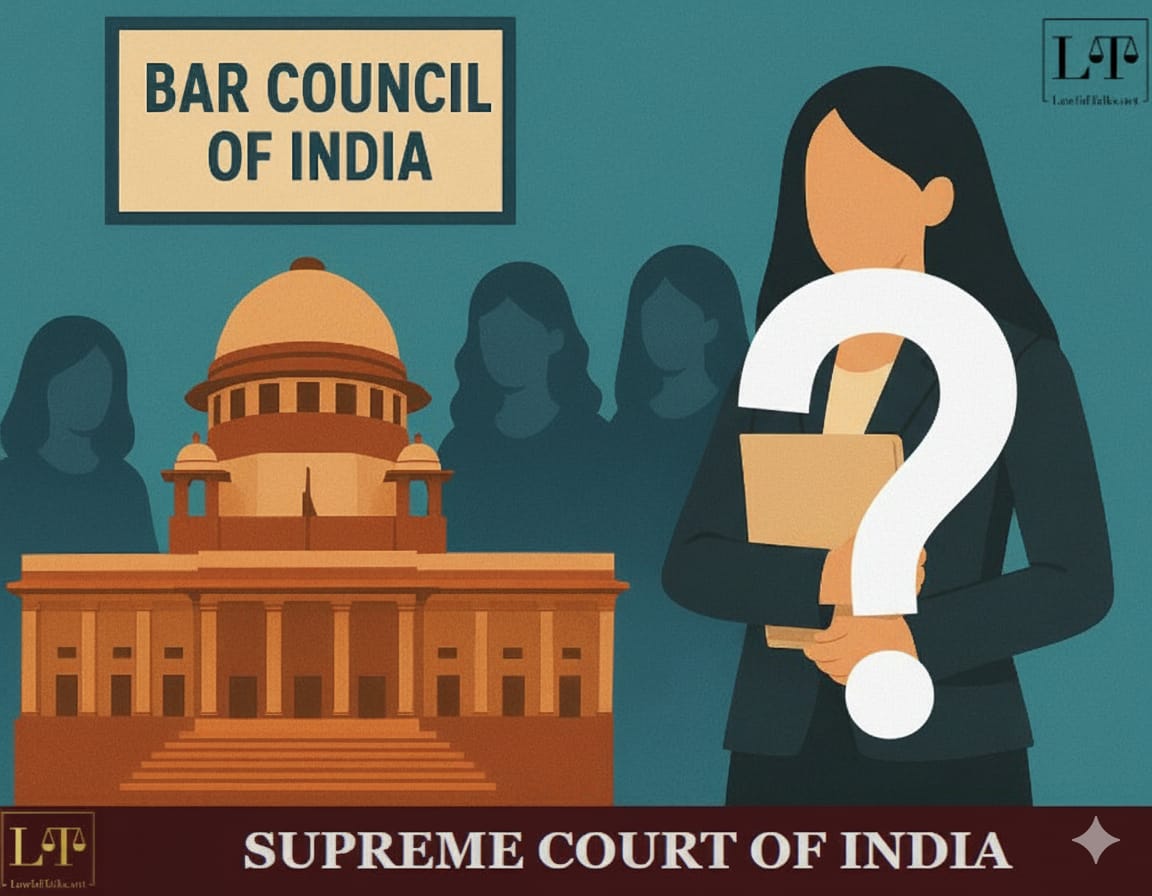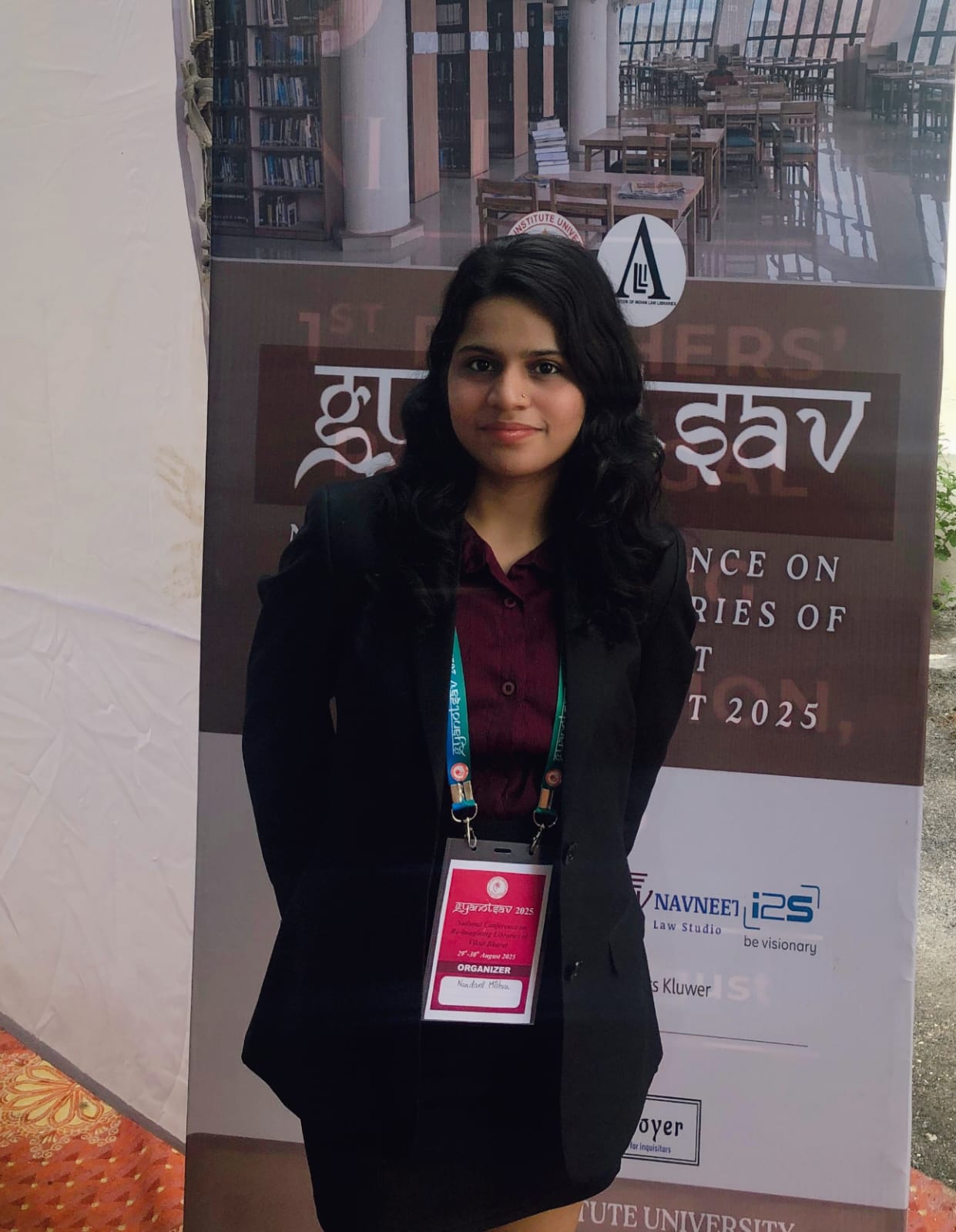Allahabad HC Sets Aside Afzal Ansari's Conviction, Allows Him to Continue as MP

“Either you file a PIL under Article 32, or you challenge the Bombay High Court order as an SLP. You cannot file a writ petition challenging the High Court order. If you are wanting to achieve something, do it properly,” noted Justice BV Nagarathna.

In a significant move for women in the legal profession, the Supreme Court issued notice to the Union of India and the Bar Council of India (BCI) on a petition seeking to bring Bar Councils and Bar Associations under the ambit of the POSH Act, 2013. The plea argues that women advocates, who spend much of their professional lives in courtrooms and Bar offices, deserve the same safeguards against sexual harassment as women in any other workplace.
“The Preamble to the POSH Act itself states that sexual harassment violates a woman's fundamental rights to equality under Articles 14 and 15, life and dignity under Article 21, and freedom to practice any profession under Article 19(1)(g), which includes the right to a safe environment free from sexual harassment. The very object and design of the statute is to give effect to these rights, and any interpretation that excludes women advocates from its protection is contrary to the constitutional purpose that the Act seeks to fulfil,” the petition states.
The petition has been filed by advocate Seema Joshi, authorKo of Breaking the Silence: A Handbook on the POSH Act and member of the Internal Committee of NALSA.
She challenged the Bombay High Court’s July 7 judgment in UNS Women Legal Association v. BCI, which limited the POSH Act to employees of Bar Councils and Bar Associations leaving women lawyers outside its reach.
Calling this approach “restrictive and per incuriam,” Joshi points to the Supreme Court’s ruling in Medha Kotwal Lele v. Union of India (2013), where Bar Councils and Bar Associations were explicitly directed to set up redressal committees for women advocates.
The petition stresses that Bar Councils are statutory bodies under the Advocates Act, 1961, and Bar Associations function within court premises using State infrastructure.
This, it argues, makes them “workplaces” under Section 2(o) of the POSH Act. In fact, some bodies like the Bar Council of Delhi and the Delhi High Court Bar Association already have Internal Committees to hear such complaints proving that it is both possible and necessary.
At its heart, the plea warns that without these safeguards, “an entire class of women professionals namely, women advocates is left vulnerable and without effective redressal against sexual harassment.”
The Supreme Court will now consider the Union and BCI’s response to the notice.
Case no. – W.P. (C) No. 805 of 2025
Case Title – Seema Joshi v. Bar Council of India and Ors.

Nandani Mishra
Second Year, B.SC LLB, (cybersecurity) Hons, National law University
Latest Posts
Categories
- International News 19 Posts
- Supreme Court 347 Posts
- High Courts 362 Posts



















































































































































































































































































































































































































































































































































































































































































































































